New research reveals the critical link between poverty and healthcare access, urging government action to alleviate strain on the NHS and tackle the root causes of health disparities. Here’s the full story.
Poor in the UK
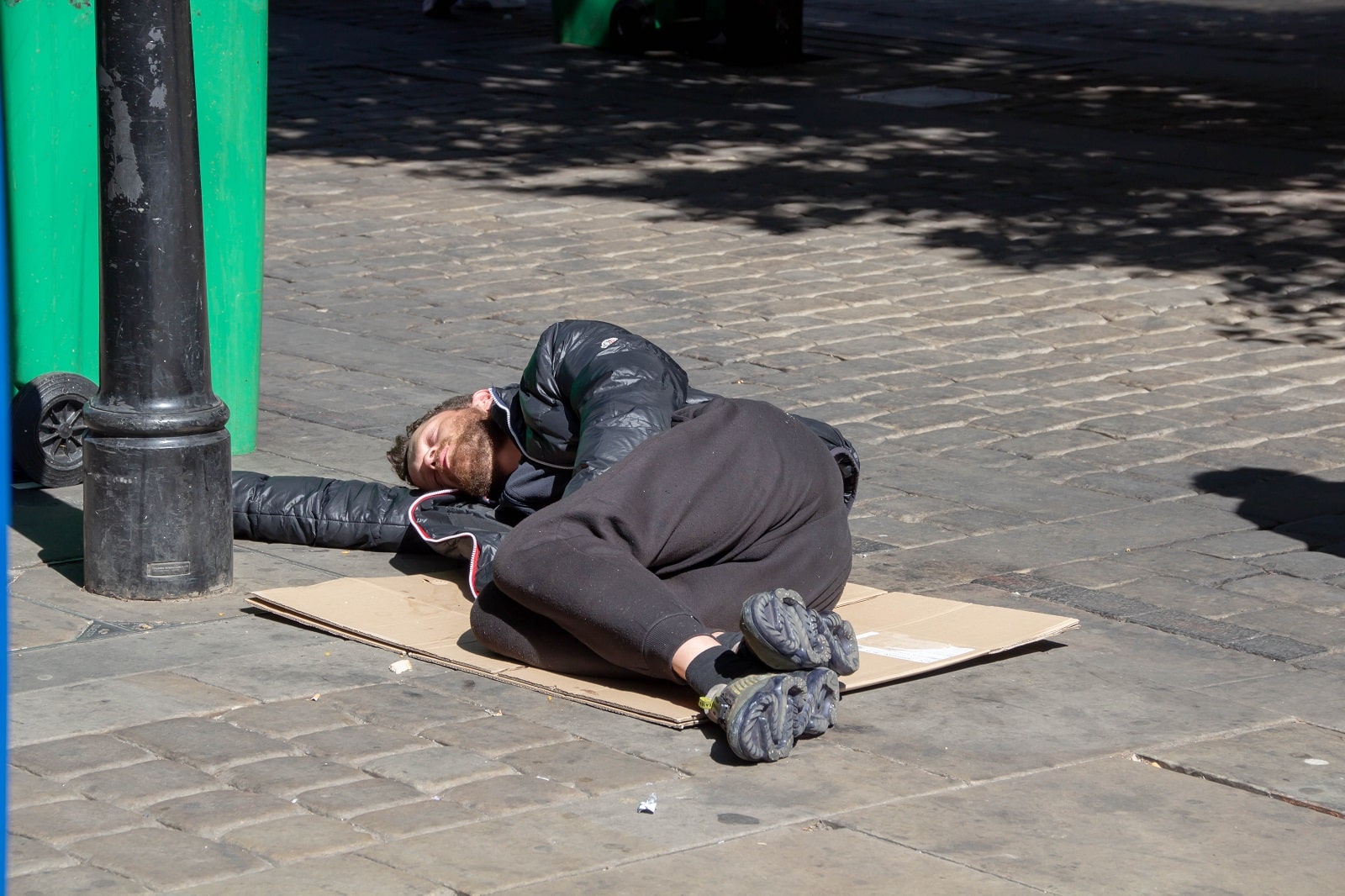
It has always been challenging to be poor in the United Kingdom. However, recent reports have shown just how difficult life has become for the least fortunate.
Unbearable Poverty

The ongoing cost of living crisis, stubbornly high inflation, and public services being pushed to the brink of collapse have all combined to make the lives of those with the least almost unbearable.
Poor Health

However, things may be worse than they initially seem. According to recent research by the King’s Fund, in collaboration with the Joseph Rowntree Foundation, there is also a disturbing link between poverty and healthcare access and outcomes in the UK.
Poverty and the NHS
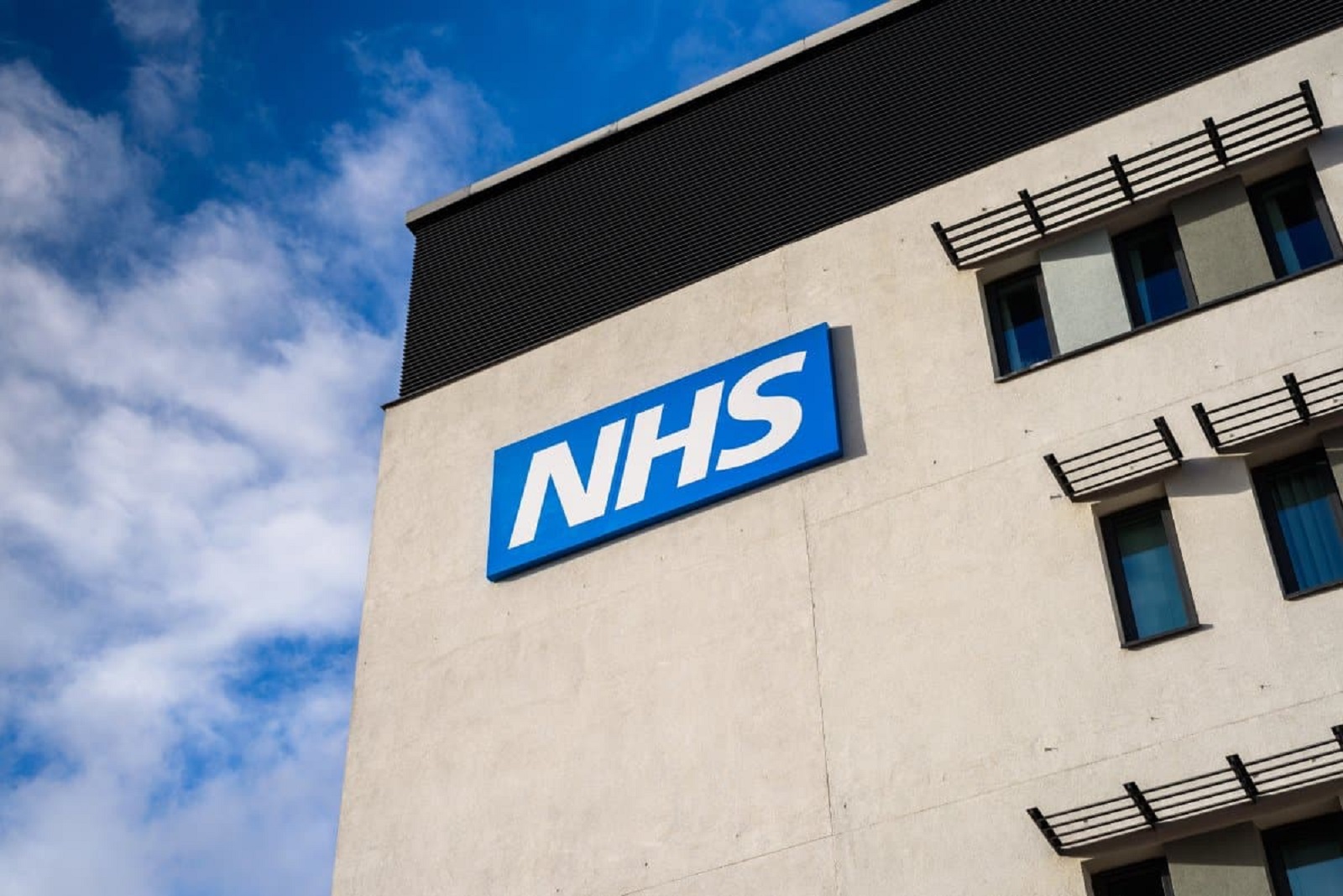
The report, aptly titled Illustrating the Relationship Between Poverty and NHS Services, brings to light the profound challenges faced by individuals who have to eke out an existence in impoverished communities.
Barriers to Healthcare
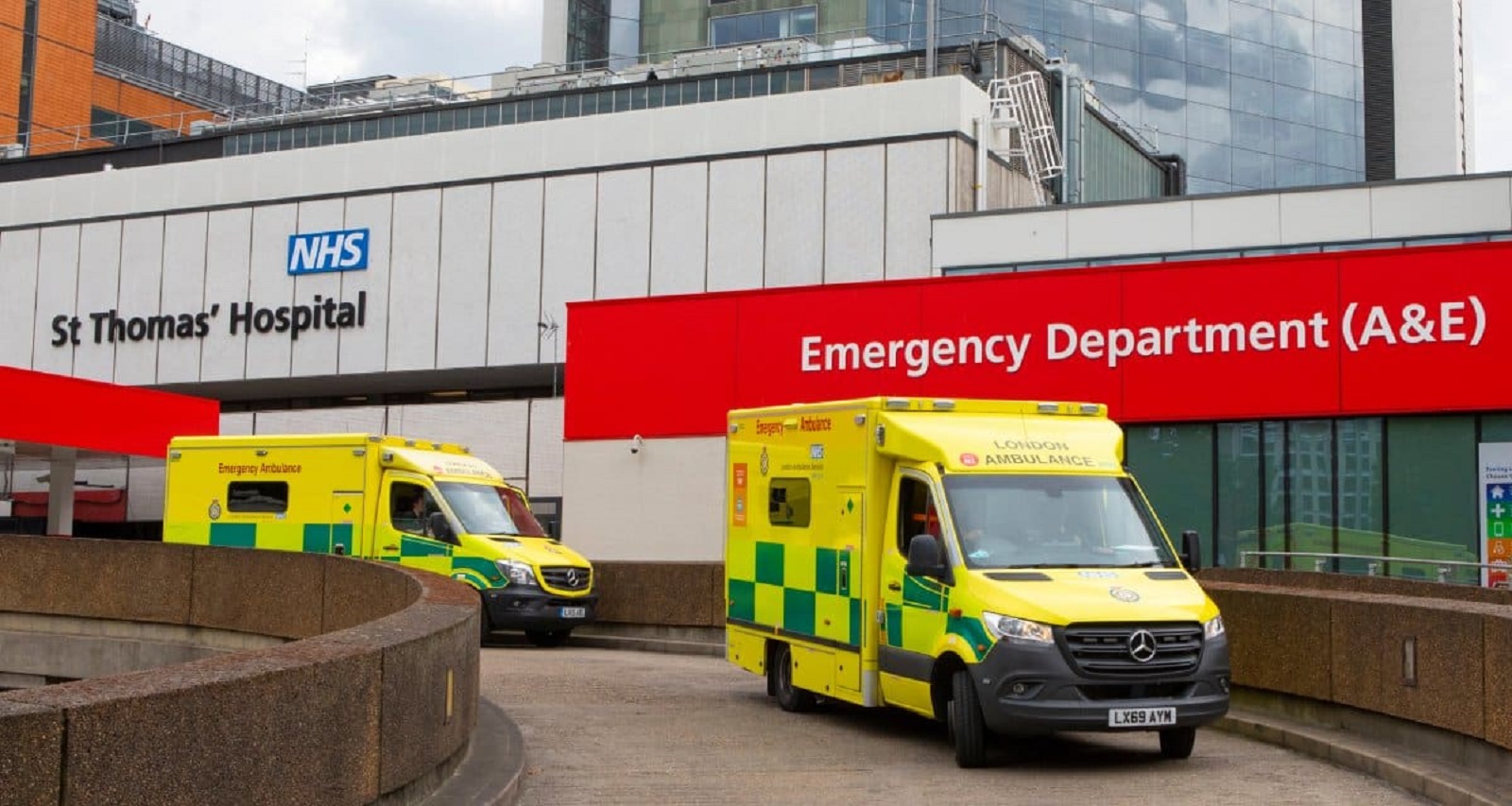
For those with no choice but to live in situations of dire poverty, barriers to timely healthcare treatments only exacerbate the need for costly emergency treatments.
Being Poor Kills

Poverty may not just be making life harder for people; according to the report, poverty may be killing them.
“Shorter Lives”

Saoirse Mallorie, a senior analyst at the King’s Fund and lead author of the report, stated, “Our analysis highlights that not only do people living in poverty have shorter lives, they also spend a higher proportion of their lives with health problems. To improve the nation’s health and use NHS resources in the best way, tackling poverty must be as much of a priority as bringing down waiting lists.”
Treating the Symptoms

Mallorie also points out the link between poverty and poor health outcomes, stressing the urgent need for more to tackle the causes of poverty rather than just treating the symptoms.
“Address the Root Causes”
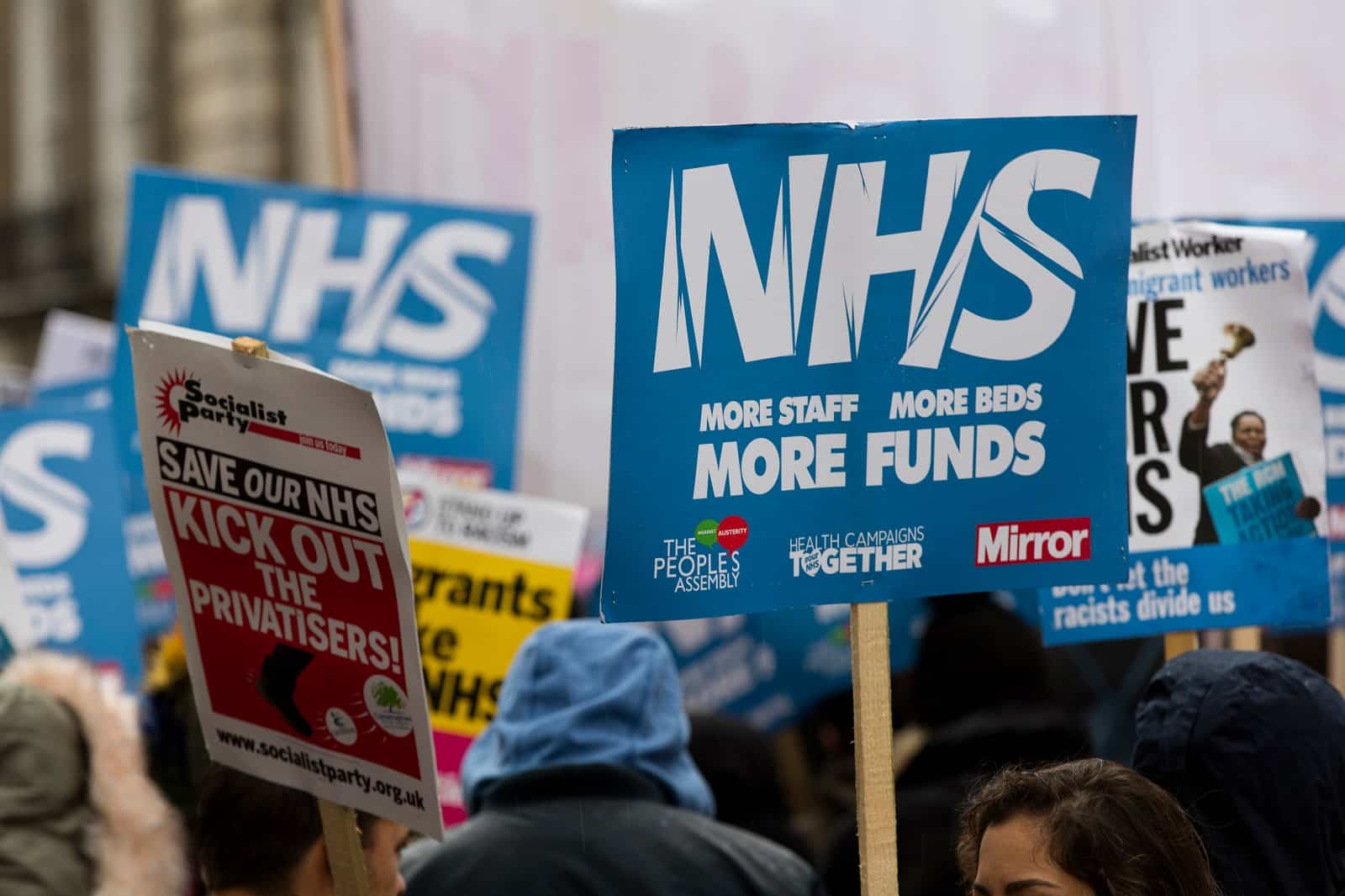
She states, “While the NHS can do more to treat the symptoms of people experiencing poverty, it cannot alone address the root causes. Bolder action from government, economic and civic society is needed to lift millions of people out of poverty and break this vicious cycle of poverty and its impact on poor health.”
Alarming Disparities

The report shows the alarming disparities in healthcare access between those in deprived and affluent communities.
Emergency GP

Notably, data reveals that 30% of individuals residing in the most deprived regions resort to emergency services due to the unavailability of GP appointments. This number starkly contrasts a mere 10% in more privileged areas.
Direct Correlation

Furthermore, hospital admissions directly correlate with deprivation levels, with higher emergency admissions recorded in impoverished neighbourhoods.
Stay Longer

Not only are poorer individuals more likely to turn to hospitals for care, but analysis of hospital data has shown that when those in deprived communities go to hospital, they tend to stay longer.
27% Surge

Between 2017-18 and 2022-23, critical care stays surged by 27% among the most deprived populace, significantly outpacing the 13% increase observed in affluent demographics.
Disproportionate Cost

Such trends underscore the disproportionate cost paid by the poorest when it comes to treating their health concerns.
Mortality Rates

The report uncovers intriguing patterns concerning health conditions and mortality rates across socioeconomic status.
Dementia Rates

For instance, although dementia prevalence is lower in the most deprived areas compared to affluent counterparts, mortality rates from the condition are disproportionately higher.
Heart Problems

Similarly, individuals in impoverished communities exhibit lower atrial fibrillation, a heart condition, prevalence but succumb to higher mortality rates from the ailment.
“Record Funding”

In response to the damning findings, a government spokesperson stated, “We are putting record funding into the NHS and there are 1.7 million fewer people living in absolute poverty compared to 2010, including 400,000 children.”
“Cost-of-Living Support”

They continued, “We continue to support people with cost-of-living support worth an average of £3,800 per household, and as inflation continues to come down, we are rewarding hard work by raising the national living wage and cutting taxes, and our back to work plan will break down barriers for over a million people to find, stay and succeed in work.”
Inadequate Actions

Despite the government’s protestations, critics argue that these efforts inadequately address the systemic issues perpetuating poverty-related health disparities.
Profound Impact

As the UK continues to grapple with the cost of living crisis and an increase in poverty, which is unprecedented in the modern day, with 15% of UK families reporting difficulty affording basic groceries, it is perhaps unsurprising that poverty should have such a profound impact on health.
Breaking Point
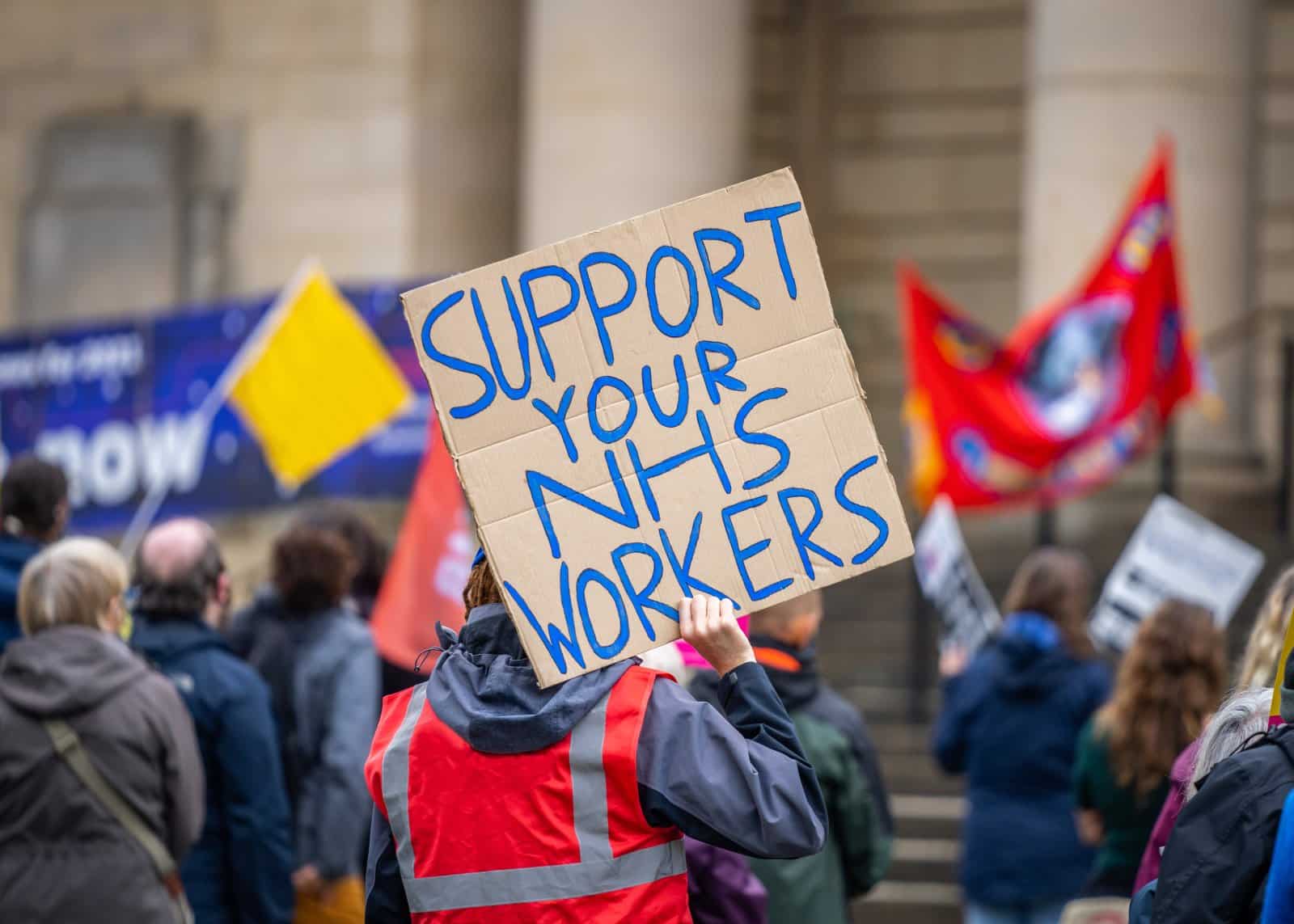
While the NHS is stretched to breaking point, the poorest may be anxious about taking days off for sickness or to look after a loved one for fear that they will suffer the consequences when their pay packet arrives.
Toll in Blood
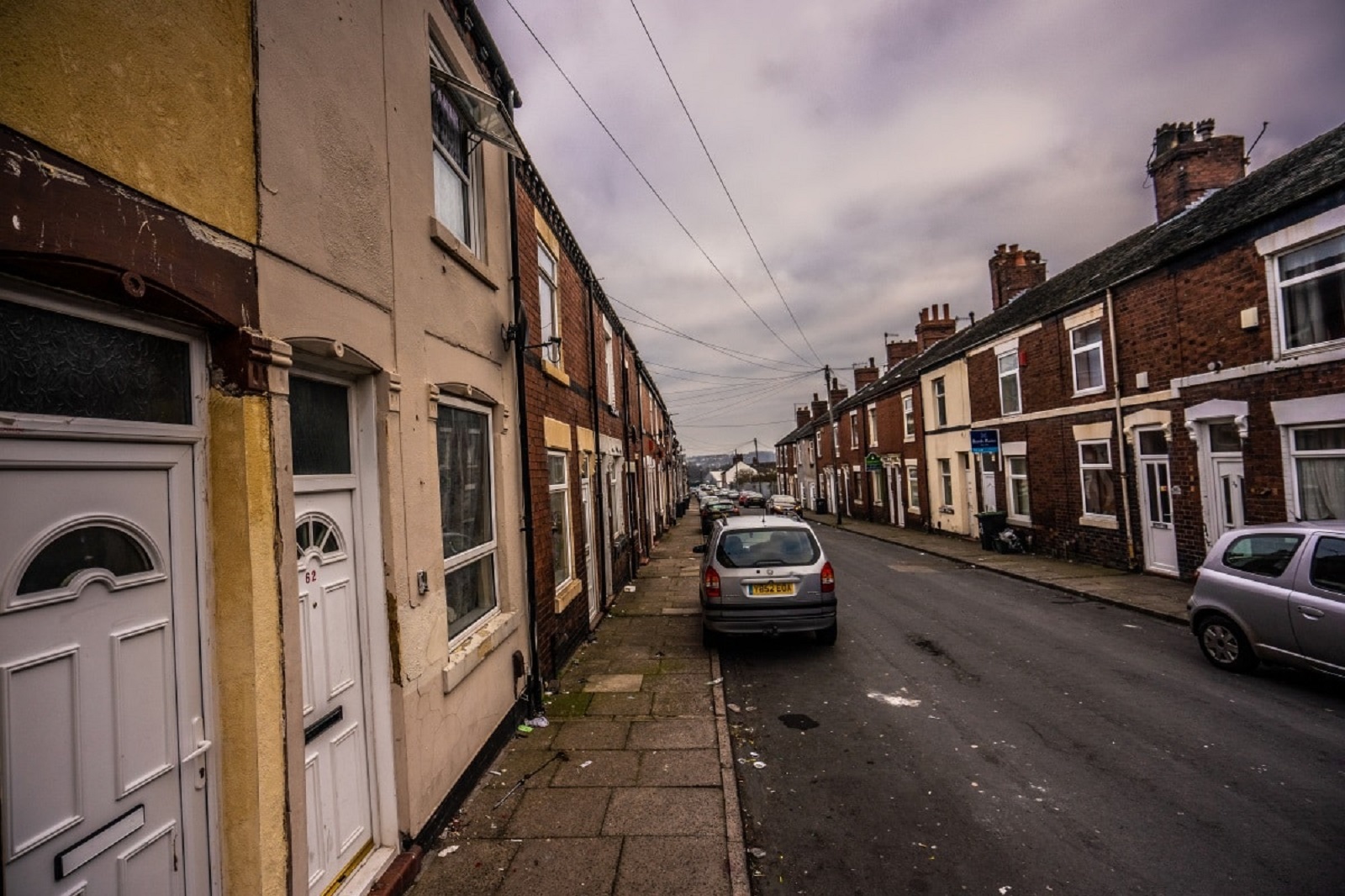
The need for government action on poverty has never been clearer, with their laissez-faire attitude toward the less fortunate now taking a toll in blood.
More Articles Like This…
Broken Britain: 12 Reasons Behind the UK’s Decline
Say the Unsayable: 10 Occasions When Farage Spoke His Mind About Britain
The post Call for Action: New Report Shows That Poverty Kills first appeared on Edge Media.
Featured Image Credit: Shutterstock / cepera1975.
Grant Gallacher is a seasoned writer with expertise in politics and impactful daily news. His work, deeply rooted in addressing issues that resonate with a wide audience, showcases an unwavering commitment to bringing forth the stories that matter. He is also known for satirical writing and stand up comedy.

